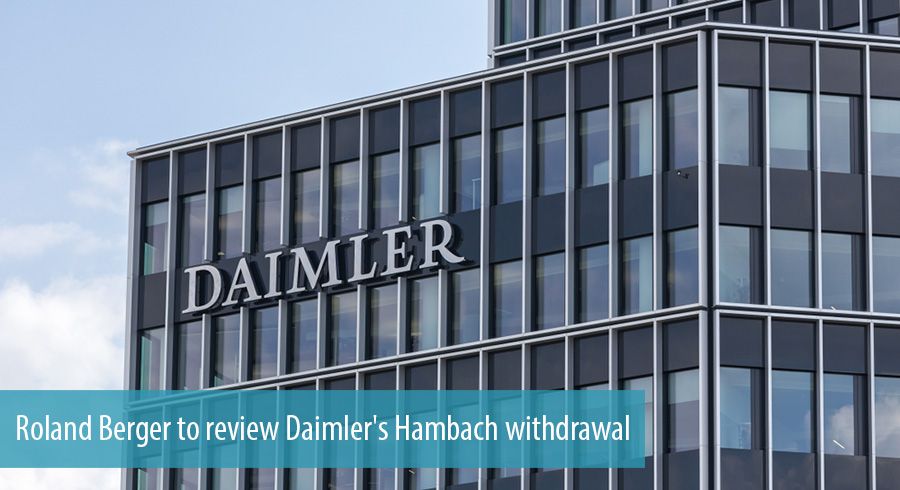Roland Berger has been brought on board by the French government to give its opinion on British automaker Ineos’ takeover of the Daimler factory in Hambach, amid broader concerns about the move’s impact on jobs and the environment.
The Hambach plant has been part of Daimler’s production network since its establishment in 1997, and the move to offload it is part of broader restructuring efforts from the German automobile company. CEO at the firm Ola Kallenius has indicated that this is just one of many cost-cutting efforts being taken by Daimler amid the Covid-19 crisis, with significant job and salary cuts in the works.
Offloading the Hambach plant will put a dent of millions on the Daimler balance sheet for the second quarter, although the firm has found a prospective buyer in Ineos Automotive – a subsidiary of British chemicals company Ineos, set up with the specific objective of building an all-terrain SUV to be the “spiritual successor” of the Land Rover Defender.
However, the takeover has raised some eyebrows in the French government, most specifically within the French Ministry for Industry. Having reviewed the move, the ministry has now called upon Roland Berger to give a second opinion on some of the project specifics.

Minister Delegate for Industry Agnès Pannier-Runacher shed some light on the concerns around the move, stating that it “may impact jobs working at the factory.” She also questions the impact it may have on subcontractors and suppliers who depend on the site’s demand.
Aside from concerns around job losses, Pannier-Runacher expressed hesitation around opening a plant for an internal combustion engine powered SUV at a time when France and the rest of Europe are moving towards complete electrification over the next decade or two. No doubt, the Ineos SUV would have some takers in the near term, but the vehicle is at odds with objectives in the broader automotive industry.
“The first Ineos vehicle will have legitimacy because there is still a strong market for internal combustion vehicles, but on the other hand we need to look at the future. What other vehicles does Ineos have in the pipeline?” asked Pannier-Runacher in an interview with CNews.
Recently, Daimler had invested more than half a billion Euros in the Hambach facility to develop a fully capable electric vehicle model – a project that will now be moved to a Chinese facility for cost considerations. Replacing an electrification project with an ICE-powered SUV plant appears far from consistent with the broader agenda in the European automotive market.
Roland Berger now faces the task of estimating the impact of Ineos’ new production plans.
According to a recent analysis by PwC and Strategy&, the current Covid-19 crisis is accelerating Europe’s transition to electrical driving.
